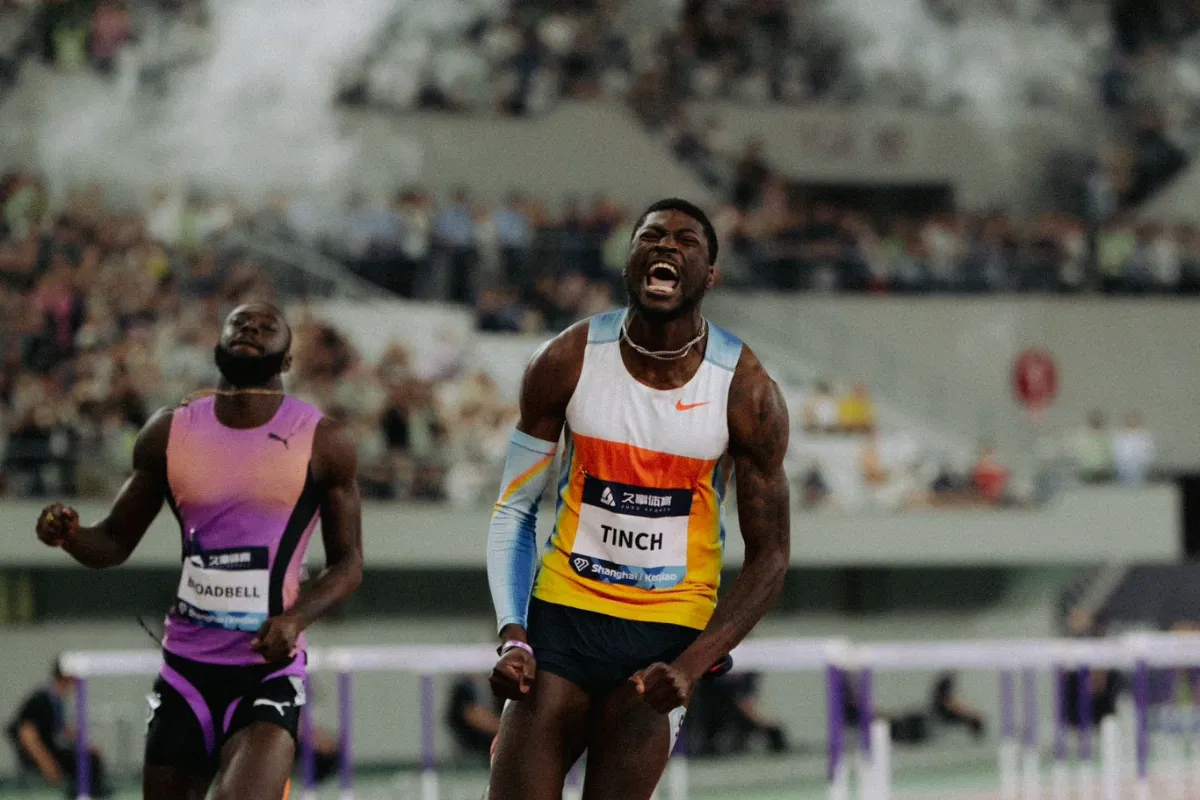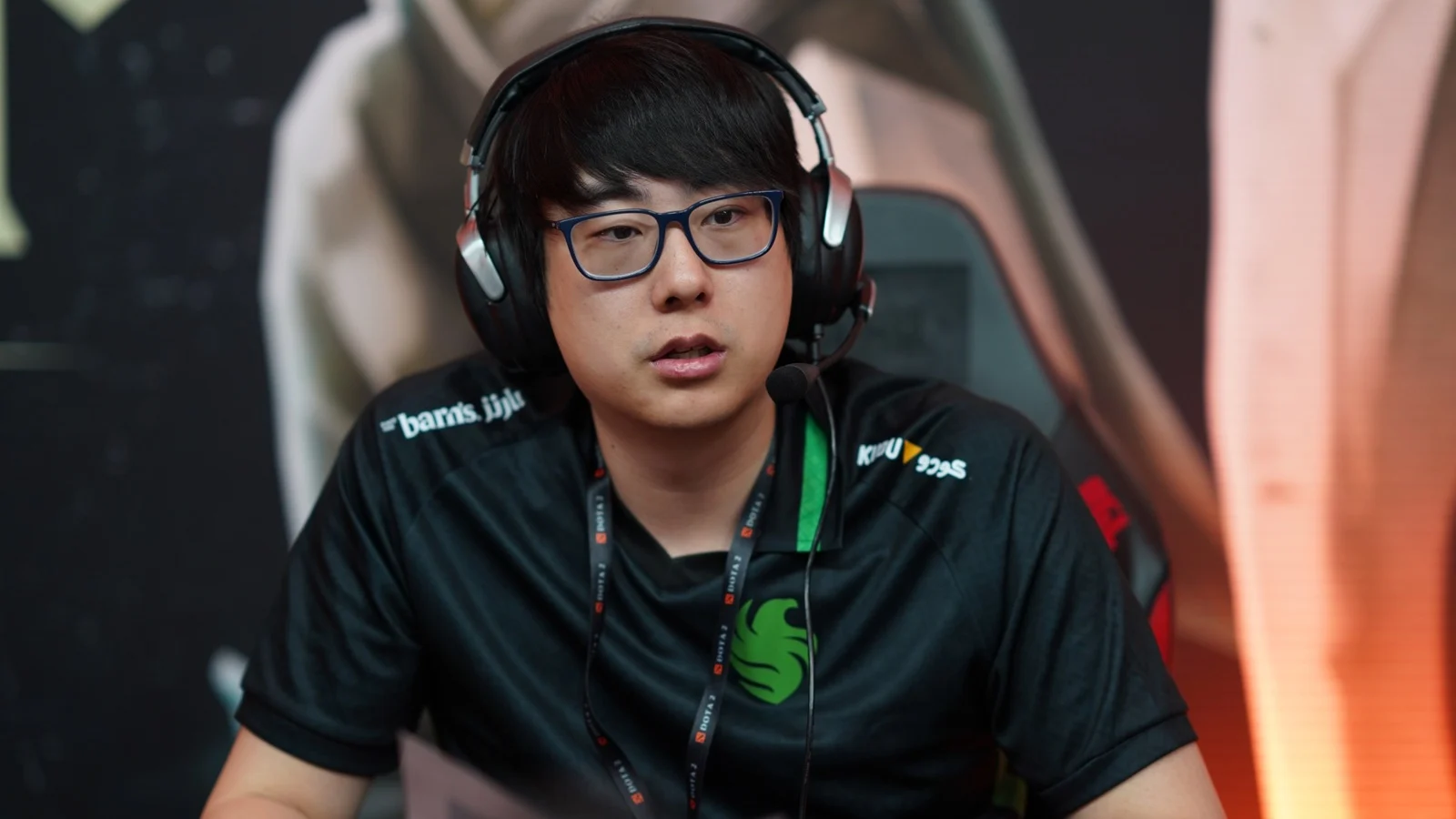By News Karnataka
Copyright newskarnataka

New Delhi: In a significant regulatory decision, the Directorate General of Health Services (DGHS) under the Union Health Ministry has directed that physiotherapists cannot use the prefix “Dr.” before their names. The order, issued on September 9, 2025, mandates the removal of this provision from the newly approved physiotherapy curriculum, settling a long-standing debate between medical doctors and allied health professionals.
Background of the provision
Earlier this year, the National Commission for Allied and Healthcare Professions (NCAHP) had introduced a competency-based physiotherapy syllabus. The syllabus permitted qualified physiotherapists to use “Dr.” before their names and “PT” as a professional suffix.
The move was intended as a form of recognition for physiotherapists’ professional and academic qualifications. However, the provision quickly attracted criticism from sections of the medical community.
Objections and concerns
The Indian Medical Association (IMA) and other medical bodies strongly opposed the provision, arguing that the use of the “Dr.” prefix could mislead patients into believing physiotherapists were medical doctors. Unlike registered medical practitioners, physiotherapists do not hold diagnostic or prescriptive authority.
In response, DGHS clarified that the “Dr.” prefix is legally protected under the Indian Medical Degrees Act, 1916, and using it without being a registered medical doctor amounts to a violation of law. Officials also warned that the practice could lead to misrepresentation and quackery if non-medical professionals adopted the title.
Legal precedents cited
The DGHS directive cites several judicial and regulatory rulings that reaffirm physiotherapists are not recognised as “doctors” under Indian law:
The Patna High Court (2003) ruled that physiotherapists not registered in state medical registers cannot use “Dr.” or practise modern medicine.
The DGHS directive and its implications
The order requires the immediate removal of the “Dr.” prefix clause from the physiotherapy curriculum.
Key directives include:
Physiotherapists may continue using “PT” as a professional suffix to indicate their qualification.
This clarification puts an end to the ambiguity created by the earlier curriculum and draws a clear line between the roles of physiotherapists and medical doctors.
Reactions from the medical and physiotherapy communities
The Indian Medical Association (IMA) welcomed the DGHS order, calling it a major victory for patient rights and a step toward maintaining transparency between medical doctors and allied healthcare professionals.
Dr. R. V. Asokan, IMA President, said the decision safeguards public interest by ensuring that patients can clearly distinguish between medical doctors and physiotherapists.
On the other hand, sections of the physiotherapy community expressed disappointment. They had earlier supported the use of the prefix as recognition of their academic achievements, especially for those holding postgraduate and doctoral degrees in physiotherapy. However, the DGHS directive now firmly settles the matter in favour of restricting the title exclusively to registered medical practitioners.
Broader significance
This decision comes at a time when debates over professional titles and patient safety are intensifying, particularly with the growth of allied healthcare professions in India. By reinforcing the legal boundaries of professional designations, the DGHS aims to eliminate confusion, prevent misrepresentation, and ensure patient trust in the healthcare system.
The DGHS order reaffirms that physiotherapists, while vital contributors to rehabilitation and patient care, cannot use the “Dr.” prefix and must remain within their legally defined scope of practice. The move underscores the importance of protecting professional integrity in healthcare while ensuring that patients are not misled about the qualifications and authority of those providing treatment.



